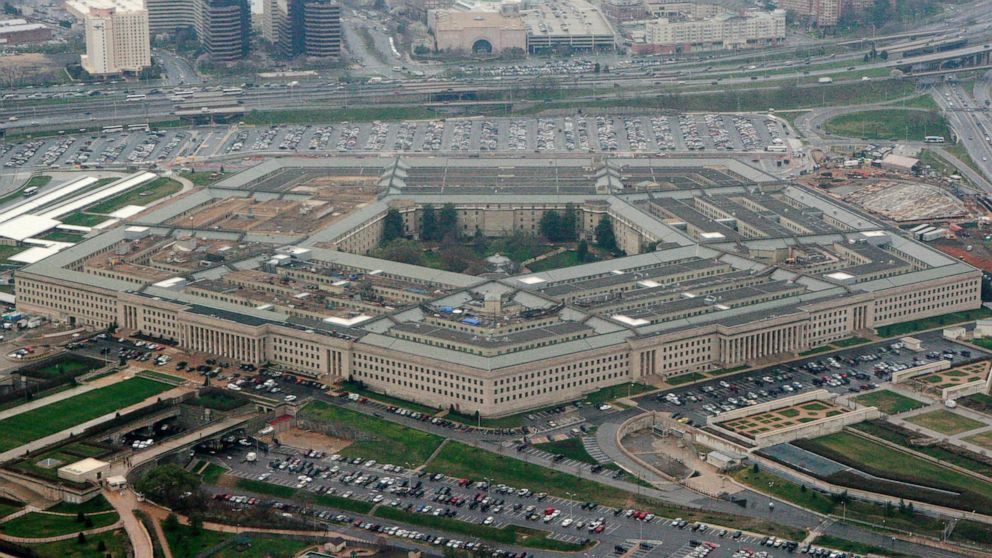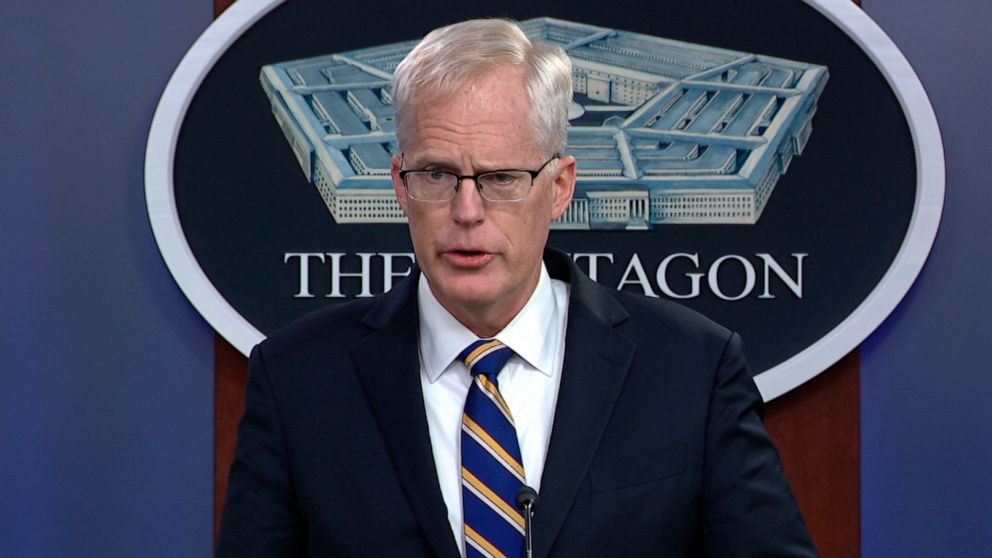As published by ABC News by Luis Martinez
In a surprising move, the Pentagon has told the Central Intelligence Agency that it plans to end the majority of the military support it provides to the agency’s counterterrorism missions by Jan. 5, according to a former senior administration intelligence official.
It is unclear how the decision would impact the spy agency’s worldwide counterterrorism missions that often rely on the U.S. military for logistical support and personnel.
Acting Defense Secretary Christopher Miller sent a letter to CIA Director Gina Haspel outlining the decision, according to the former official, who characterized the action as both surprising and unprecedented.MORE: Trump orders most US troops out of Somalia
The CIA’s Special Activities Center carries out covert operations and has its own paramilitary force that carries out counterterrorism operations. While they act as an independent force, they often rely on the military for transportation and logistical support.
Sometimes that means that military personnel end up being detailed to support the CIA’s counterterrorism operations.

Defense One was first to report that the Pentagon was reviewing its support to the CIA.
The online defense news outlet cited multiple officials as saying the intent behind the move is to see if Defense Department personnel “detailed” to the CIA should be diverted from counterterrorism missions and toward missions related to competition with Russia and China.MORE: Trump to reduce troop levels in Afghanistan and Iraq by mid-January
A Defense Department spokesman indicated that the shift away from supporting the CIA’s counterterrorism missions was in line with the National Defense Strategy that pushes the military’s focus away from the regional wars in the Middle East towards near-peer competitors like Russia and China.
“As a responsible actor, the department has taken a look to better align its allocation of resources with the 2018 National Defense Strategy’s shift to great power competition,” said Lt. Col. Uriah Orland, a Defense Department spokesperson.
“Much has changed in the first two decades of this century, and DOD simply is working with CIA to ensure that both DOD and CIA are able to jointly confront the national security challenges facing the United States consistent with the NDS,” he added. “DOD also believes that discussions with our partners should proceed quickly.”
“There is no stronger relationship nor better partnership than that between CIA and DOD,” said Nicole de Haay, a CIA spokesperson. “That partnership has led to accomplishments that significantly advanced U.S. national security, and we are confident that DOD and CIA will continue this close collaboration for years to come.”
“If these stories are true, they mark a serious setback to a very strong and effective relationship between the CIA and the Defense Department,” said Mick Mulroy, a former deputy assistant secretary of defense, retired CIA paramilitary officer and ABC News contributor. “A relationship that has resulted in countless successes in the last 20 years, especially in the area of counterterrorism such as the bin Laden and al-Baghdadi operations, but also in many that will remain unknown.”

“This could increase the risk to CIA officers until it can be readdressed by the incoming administration,” he added. “If it is not reversed, the CIA needs to be increased in personnel and funding to make up for the difference to continue their critical missions.”
Last week, a CIA paramilitary officer was killed in Somalia, according to Gen. Mark Milley, the chairman of the Joint Chiefs of Staff, who disclosed in remarks to a think tank that the deceased CIA officer had previously served in the military as a Navy SEAL.
The Pentagon announced last week that President Donald Trump had ordered the withdrawal of most of the 700 U.S. military personnel in Somalia, though it said it would continue to carry out counterterrorism missions against al-Shabab, the al-Qaida affiliate.
Presumably, the removal of most of those troops would already have had an impact on the CIA’s counterterrorism operations in that country.
“Pulling DOD detailees from the CIA can only be motivated for political reasons,” said Eric Oehlerich, a former Navy SEAL and ABC News contributor, who noted that the relationship between both organizations has grown exponentially over the last two decades not only in high-profile missions, but daily operations that go unnoticed.
“The relationships on the ground and within the ranks is on solid ground,” said Oehlerich. “Pulling this support is akin to cutting off your nose to spite your face. “
A former high-ranking CIA official described the Pentagon’s plans as “highly irregular” given that the CIA’s counter-terrorism missions can no longer be executed by the CIA without U.S. military support.
“The pushback or slow-rolling of this initiative by the Defense Department and the CIA likely renders this moot, but the damage from this shot across the bow has been done,” said Darrell Blocker, a former deputy director of the CIA”s Counterterrorism Center and an ABC News contributor.


